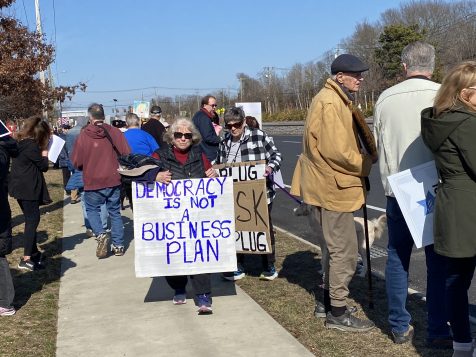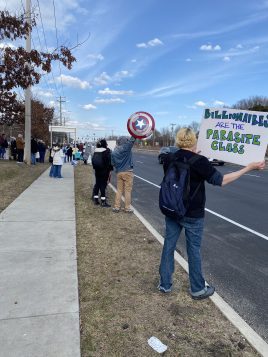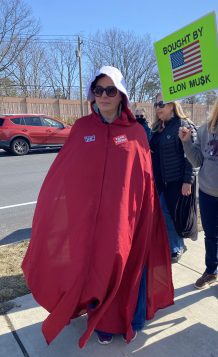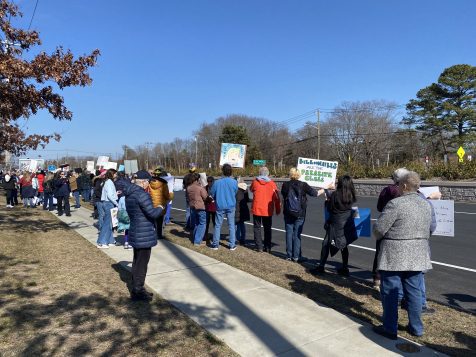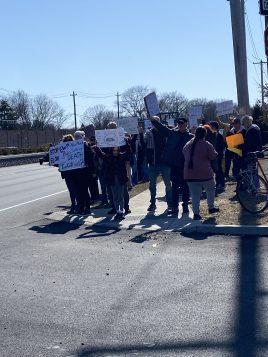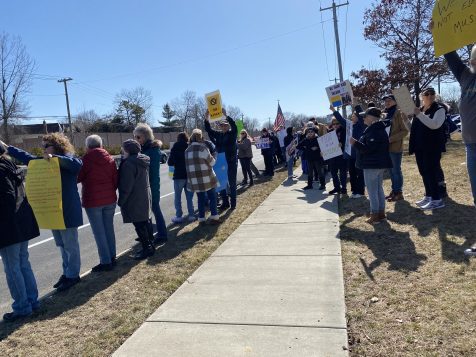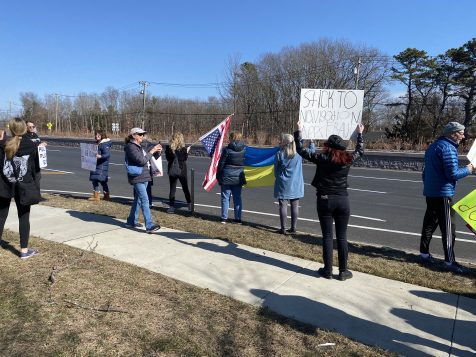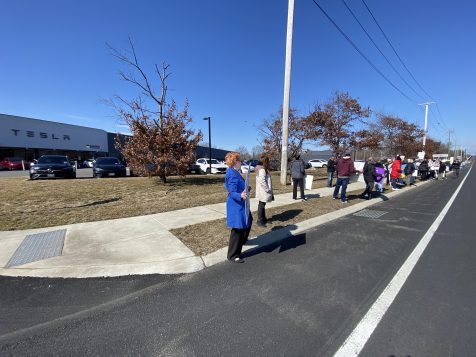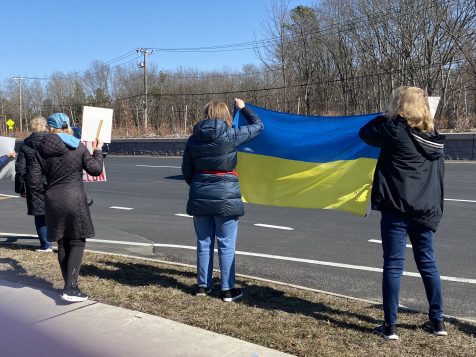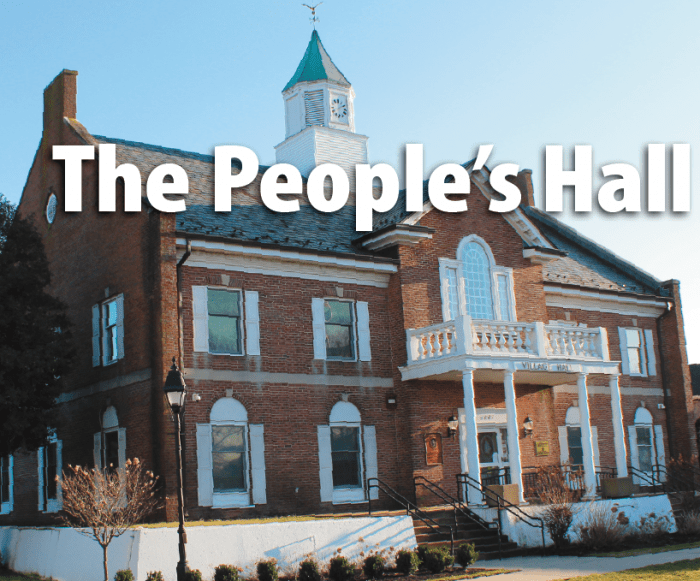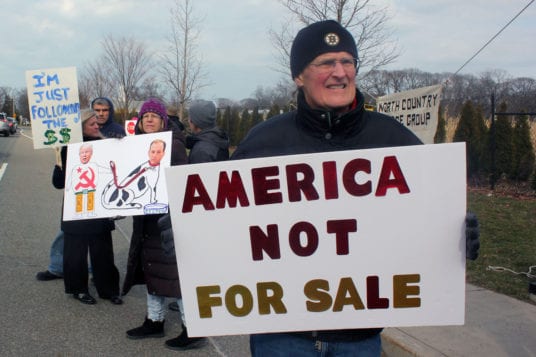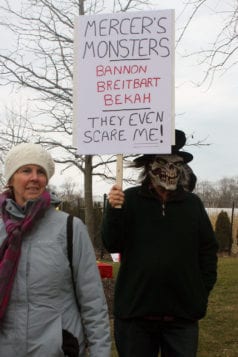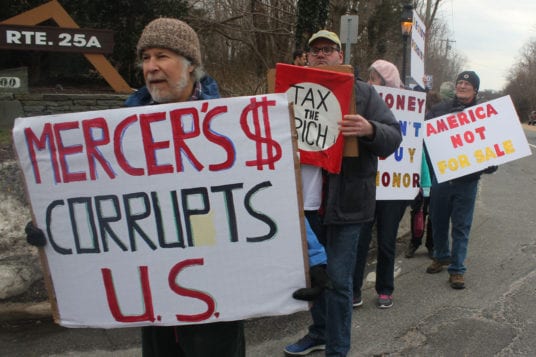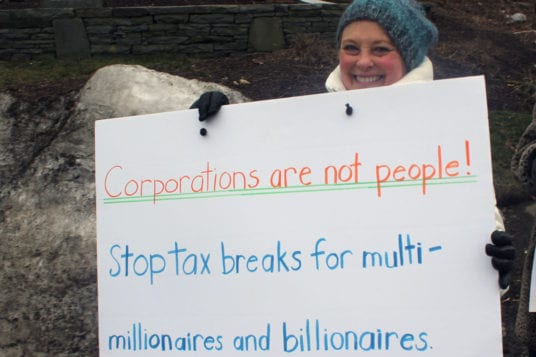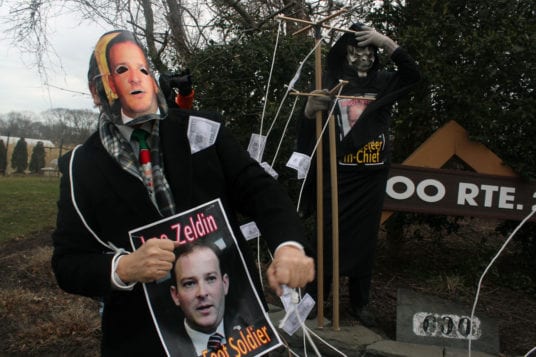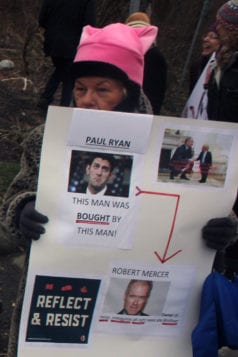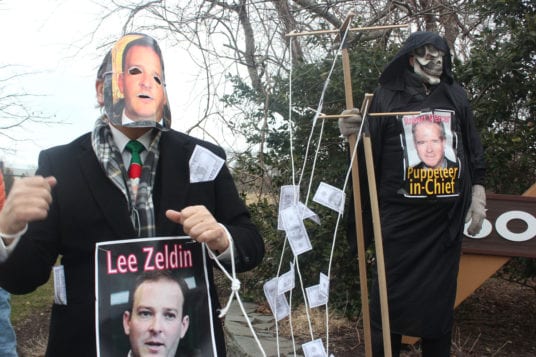By Judie Gorenstein
The League of Women Voters (LWV) was founded in 1920, the year that the 19th amendment was passed, giving women throughout the country the right to vote. A major goal at that time was to educate women to be informed voters.
Over the years, the LWV has remained a grassroots, nonpartisan organization, but its mission evolved to encouraging informed and active participation of citizens in government and to influence public policy through education and advocacy. Now, 105 years later, it is more important than ever that the LWV “Empowers Voters and Defends Our Democracy.”
Long Island is served by eight Leagues: four in Suffolk County (Brookhaven, Huntington, Smithtown, and The Hamptons, Shelter Island and the North Fork) and four in Nassau County (Central Nassau, East Nassau, Port Washington/Manhasset, and Great Neck). Although the communities they reach may be socially and economically diverse and the size of each League varies, they have the same core values and mission.
Working together through regional zoom meetings builds strength. Last month’s meeting began with their regional liaison stating “Our democracy is being tested like never before. We acknowledge problems but focus on solutions. Otherwise we become powerless.”
Strong Leagues with engaged members are needed to accomplish goals. Leadership, membership, and orientation strategies are shared. Membership increases as a result of not only what is happening all around us but also by increased visibility in the community via street and volunteer fairs, networking with diverse groups, and generally meeting people where they are. The Leagues then use orientation meetings to not only educate new members on the values, policies and activities of the League, but to engage these new members, survey their interests and get them involved with hands-on experience.
Leagues will continue to register and educate voters and get out the vote. But this year, all our Leagues are committed to doing whatever they can to make certain the Safeguard American Elections (SAVE) Act does not pass. Rather than safeguarding our elections, the SAVE Act silences voters by making it harder if not impossible for millions of eligible voters to register or reregister to vote. It undermines our election integrity based on lies about who is voting.
There is NO evidence of widespread non-citizen voting in federal or state elections. Newly registered voters may be asked to show identification when they vote the first time. The New York State voter registration form already clearly states that it is a crime to procure a false registration or to furnish false information to the Board of Elections. You must affirm that you are a citizen and either enter your DMV driver’s license number or last 4 digits of your social security number.
Under the SAVE Act this information would no longer be sufficient, and online or mail-in registration would not be valid. New voters, or voters with registration changes (e.g. new address) would have to physically go to their County Board of Elections with proof of citizenship, primarily an original birth certificate or passport. Married women who have changed their name would not only need their original birth certificate, but also their marriage certificate. The SAVE Act thus puts an undue burden on voters of color, rural voters, tribal voters, military members and married women.
Would organizations like the LWV even be able to hold voter registration drives in high schools, colleges and the community? We know our democracy works best when everyone participates. The SAVE Act works to do exactly THE OPPOSITE. Millions of active voters would be unable to satisfy the SAVE Act’s requirements. There are about 12 million American citizens who cast a ballot in 2020 but who would be functionally unable to register to vote if the SAVE Act were passed.
The League of Women Voters continues to monitor and oppose the SAVE Act. This bill is being fast-tracked in the House of Representatives. Should it pass both houses of Congress and make it to the president’s desk he is certain to sign it. Leagues all across the country are networking with other organizations to oppose the SAVE Act; educating their community and calling their representatives in Congress. Enfranchising voters is a core principle of the LWV. Defending and protecting our democracy is what we do!
For more information and data, go to Brennan Center for Justice at NYU: The SAVE Act Would Hurt Americans Who Actively Participate in Elections at https://www.brennancenter.org
Judie Gorenstein has been voter service chair of LWV of Suffolk County and past president of LWV of New York State, and is currently on LWV Huntington’s Leadership Team.




